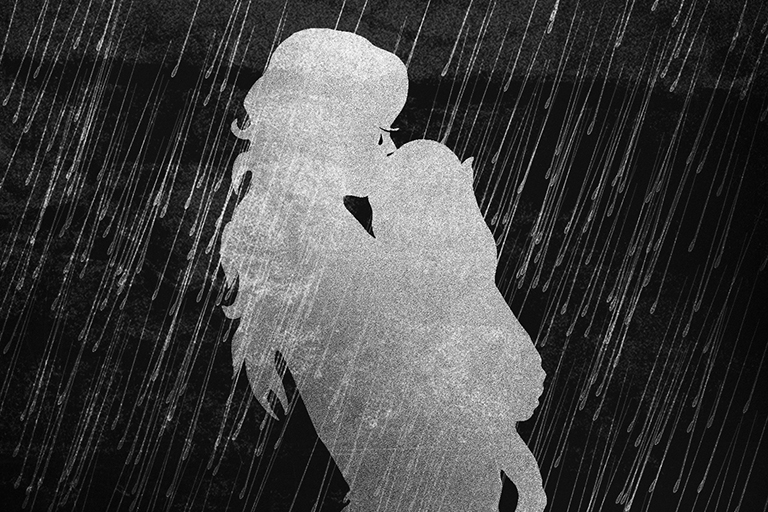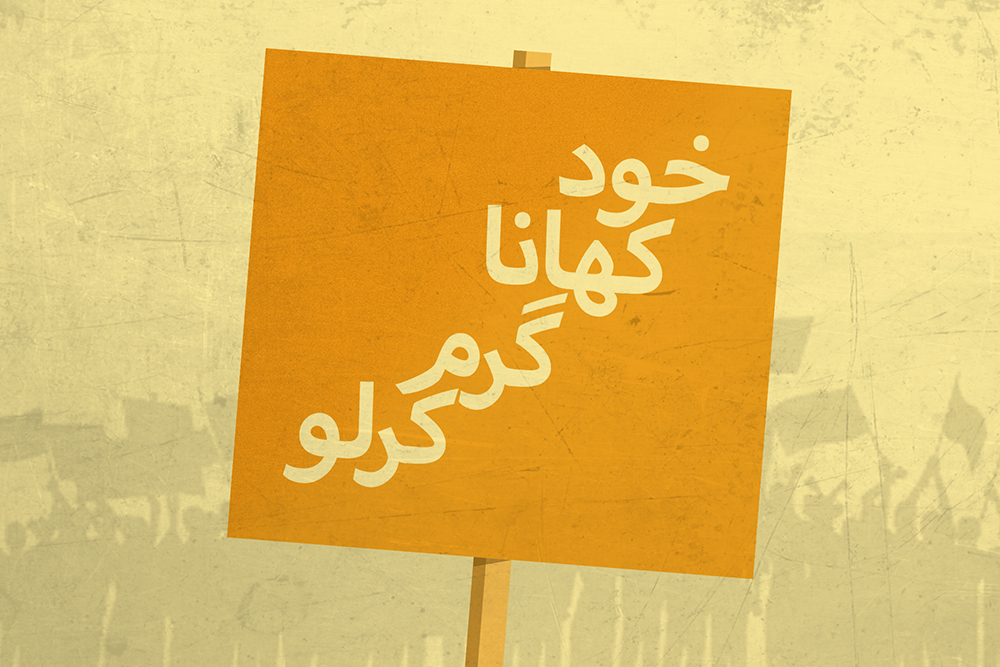
KARACHI: As she watched her baby fall asleep, her head slumped onto the headboard of her bed for a few minutes of shut eye.
Huma Mobin, a first time mother, couldn’t believe how in love she was with her one-week-old daughter but she was hiding something quite significant. If she wasn’t resting when her baby was asleep, she was locking herself up in the bathroom and crying, sometimes for hours.
Motherhood is often described as the most supreme position a woman can assume and a beautiful new beginning. But at times it has a devastating downside that is rarely discussed and rarely even understood: post-partum depression (PPD).
“While I was taking care of my daughter, I was also scared of her,” 30-year-old Huma said, while acknowledging that she was suffering from PPD.
In a society where mental health issues are often ignored, it is considered unspeakable to voice the unpleasant side of motherhood. And unpleasant is an understatement.
“The alarming part is when you stop doing everyday tasks such as brushing your hair, eating food, brushing your teeth and changing clothes,” she elaborated.
Hunaina Yousuf, 32, validated this statement. “I didn’t feel like eating or doing anything else when PPD kicked in,” she said.
“While I was taking care of my daughter, I was also scared of her”
PPD, also known as post natal depression, is a post-pregnancy condition that occurs in most mothers soon after delivering their baby. In an interview with Cutacut, a Karachi-based gynecologist Dr Nasreen Shalwani said, “It is often regarded as a combination of psychological, physiological and hormonal changes that a new mother goes through”. The intensity of the condition, however, varies from person to person. While some women may not suffer from extreme symptoms, some of them may take about a year to overcome it.
Saima Ansari, 36, said that it took her about a year to come out of depression. “I went into severe depression when my baby was born, and at the time, I had no idea that this was an actual condition that new mothers undergo,” she said, adding,”I used to sit on the toilet seat and cry for hours on end. I used to look at my baby and feel burdened about how I’m going to take care of him”.
For many women, pregnancy itself isn’t easy. At times, many women go through a difficult delivery, which is a traumatic experience in itself. And let’s not forget the anxiety that comes in the days leading up to the delivery. “In all that commotion, mental health problems such as post-partum are mostly dismissed,” a 30-year-old mother who requested anonymity shared. She said that her own mother and other close family members disregarded her depression and called it “the new trend”.
One woman, who is a grandmother to three and chose to remain anonymous, said, “I have six children of my own and in our time, we didn’t pick on issues such as post-partum depression”. She said that dealing with a new born is difficult but calling it a condition makes it worse.
“I have six children of my own and in our time, we didn’t pick on issues such as post-partum depression”
There are, of course, many mothers who are untouched by PPD. Madiha Sajid, 29, told Cutacut that she didn’t suffer from PPD. “Even though, prior to my delivery, I was fully aware and prepared for it, but it didn’t happen to me.”
Further, those who do go through it may experience varying degrees of it. There are three levels of PPD: mild, moderate and severe, explained Dr Tahira, a practicing gynecologist in Karachi who also chose not to disclose to her full name. In the mild stage of PPD, women often display signs of repulsion towards their in-laws perhaps, sometimes without any reason whatsoever and mild depression. This can be treated with proper counseling or more help at home. The second stage is moderate, where a woman may refuse to ‘own’ her child and embrace motherhood. And in severe cases, she will even try to harm herself or the child. “Anti-depressants and counseling are proper courses of treatment,” shared Dr Tahira.
Huma says that mothers are expected turn their lives upside down for their child and it’s normal that parents barely have any time to themselves. There are a range of problems they go through, but beyond that is an array of hormonal imbalances the mother is exposed to. Most new mothers are questioned about how well they are taking care of their child, how often they’re feeding them, and what steps they’re taking to ensure that the baby sleeps well. But they are hardly ever asked about how they’re doing, how often they’re eating and napping, and what steps they are taking for their own mental and physical well-being.
“Given the social pressures, it’s almost criminal to voice your own feelings or keep your own state before the baby,” says Huma. “It’s alright to not tie yourself to the baby and take some time off. I was lucky that my friends used to take me out for walks and that I could hand over my daughter to my in-laws and step out of the house,” she says while urging mothers to seek therapy if need be.
“Till the time I didn’t know what it was, it impacted my relationship with my husband too but once we knew, he became my biggest support,” added Saima.












